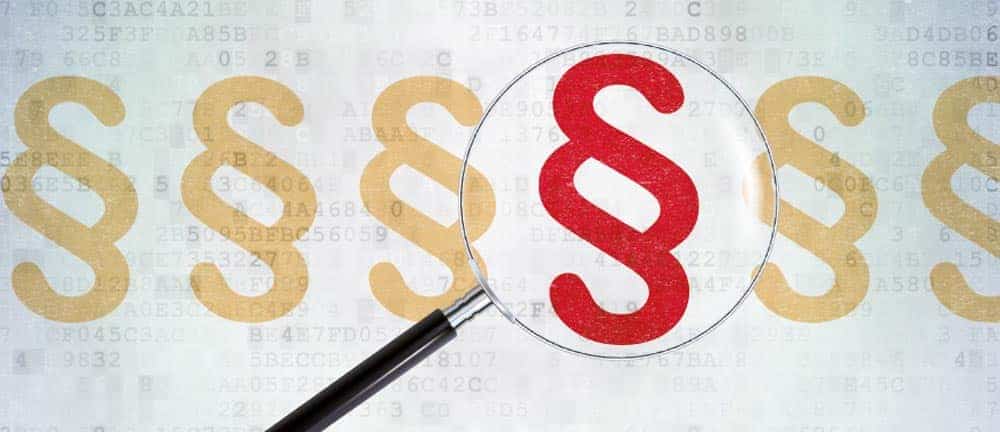Perform SAP license audits - or not?


Dear Sir or Madam, According to your SAP software contract, a license audit is now due for your SAP installation. Please measure all systems according to the enclosed instructions for system measurement...
This is how they begin, or something similar, the friendly cover letters with which SAP would like to initiate a license audit. Many other software manufacturers are also knocking on the door in a similar way.
It's a well-known fact that licensees who go along with it without complaint are threatened with work, hassle and - sometimes considerable - additional costs due to re-licensing.
What many of these audit requests have in common is that they are expressed with remarkable matter-of-factness - as if there were not the slightest doubt about the licensor's right to the audit.
But the reality is different. In most cases, it is not possible to find a suitable legal basis for such audit requests in the laws of this country. For this reason, many manufacturers include audit clauses in their license conditions that are formulated more or less extensively.
SAP would also like to grant itself the right to an annual "measurement" of software usage "...in accordance with SAP standard procedures..." by way of a contractual clause.
However, such contractual clauses are subject to the statutory requirements for general terms and conditions under German law. Accordingly, such clauses are, to put it simply, only effective if they do not unreasonably disadvantage the contractual partner - in this case: the SAP licensee.
In addition, ambiguities in the contractual clauses are generally the responsibility of the party that formulated them - which can also lead to the invalidity of the clauses. This is not a very good starting position for some software manufacturers with their sometimes difficult-to-understand license terms.
Under these premises, the SAP audit clauses also reveal themselves to be questionable in the opinion of many lawyers. This is because they take neither the legitimate interests nor the legal rights and obligations of the licensee into account.
Nor are their contents defined in such a way that the scope and limits of the audit are clear from them. As a rule, however, the licensor cannot derive any rights from a clause that does not even clearly specify the content of the licensor's - alleged - audit claim.
In any case, manufacturers face even more hurdles when it comes to conducting audits. For example, the company using the software must, among other things, always maintain legal data protection as part of its own compliance requirements. This often means that the company not only has the right, but also the obligation, to restrict the licensor's access to internal company data.
If the manufacturer wants to carry out the measurement using audit tools and exploit the resulting data, the protection of the confidentiality and integrity of the IT systems guaranteed by fundamental rights is often at stake - which in turn can result in far-reaching defense rights and obligations for the licensee.
Anyone who thinks of the surveying tools propagated by SAP will be forgiven for thinking otherwise.
Let's not misunderstand each other after all this: Of course, the software manufacturer or its resellers have a legitimate interest in knowing whether their software is being used in compliance with the license.
But the "how" is what really matters. For this reason, SAP licensees should not simply carry out audits according to the manufacturer's specifications, but should first clarify their rights and obligations with the help of an expert and then actively manage the audit in their interest.
Years of practice have shown that this not only drastically reduces the risks for your own company, but also the amount of subsequent license claims.






